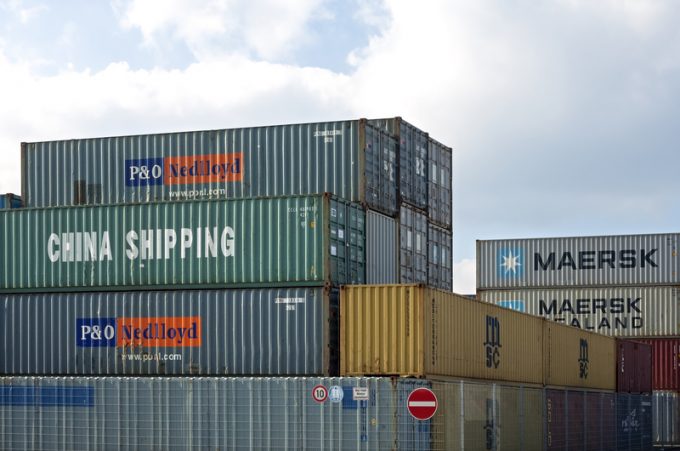Shipping lines are sub-letting tonnage to profit from firm charter market
Charter rates continue to defy the freight market, with HMM sub-letting a chartered vessel to ...

The “ocean carriers vs freight forwarders” debate rumbles on.
This week I talked to Steve Walker – a market veteran with 45 years’ experience in the freight forwarding industry – to assess whether the interests of 3PLs are being preserved effectively in a market that is ...

Comment on this article